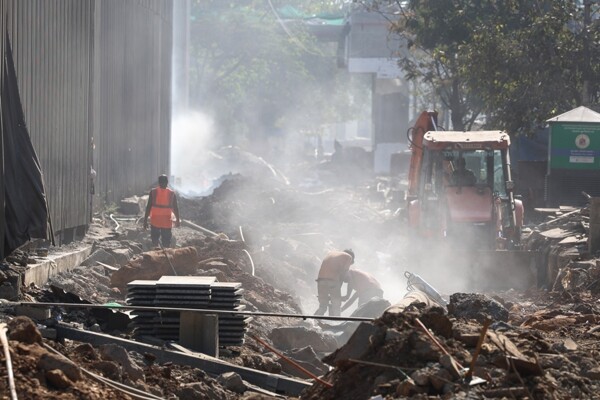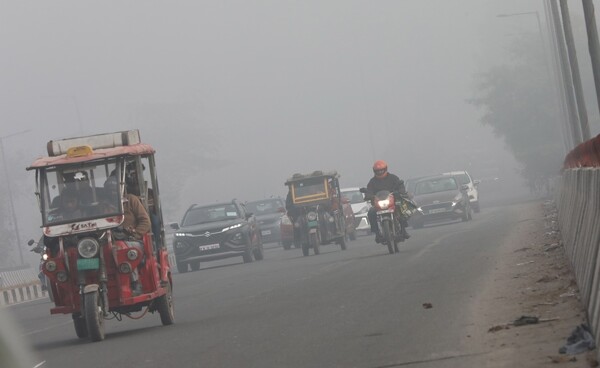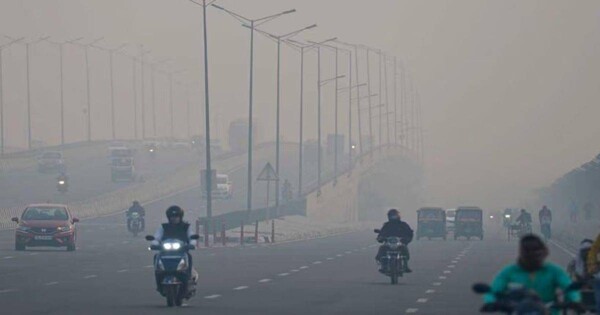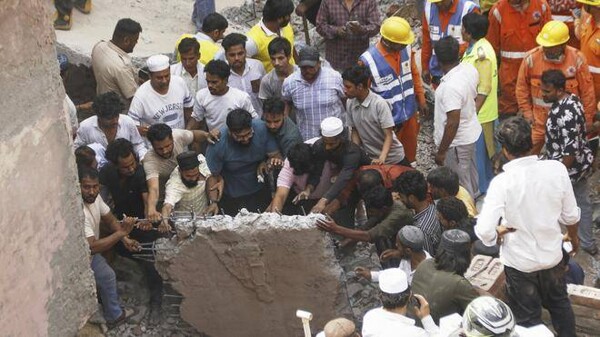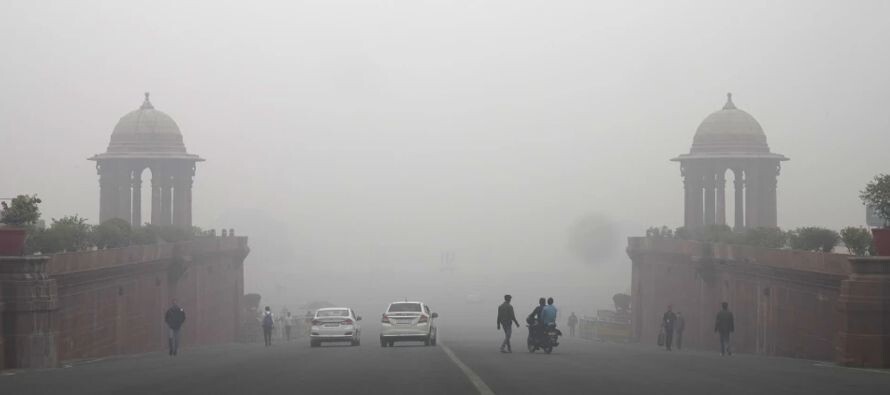
Authorities in the Indian capital closed schools, halted construction, and banned the entry of non-essential trucks into the city on Monday after air pollution reached its highest level of the season. Residents of New Delhi woke up to thick, toxic smog enveloping the city of about 33 million people, as air quality became increasingly dangerous.
According to SAFAR, the country’s leading environmental agency, the lethal mix of haze and pollution enveloped monuments and tall buildings in the capital, with visibility so low that airlines warned of delays. In several areas of the city, pollution levels were more than 50 times higher than the safe limit recommended by the World Health Organization.
Industrial emissions and coal burning for electricity generation are also linked to the pollution, which has been steadily increasing in recent weeks. Forecasts indicate that poor air quality will continue throughout the week.
Over the weekend, farmers in the neighboring state of Uttar Pradesh burned crop residues in their fields, causing columns of gray smoke that likely drifted to New Delhi and other nearby areas. Many residents complained of headaches and persistent coughs, describing the city as "apocalyptic" and a "gas chamber."
Authorities also urged children, the elderly, and others with chronic illnesses or respiratory problems to avoid going outside as much as possible. The circulation of some old diesel-guzzling vehicles within the city has been banned, and all construction activities have been halted. Others urged officials to resolve the public health crisis once and for all.
However, critics argue that a long-term solution is needed that drastically reduces pollution itself, rather than actions that seek to mitigate the effects after it has already impacted the region. Several studies have estimated that more than a million Indians die each year from pollution-related illnesses. Despite the poisonous air, many in the capital continued with their regular routines, including morning walks in the city's beloved Lodhi Garden.











